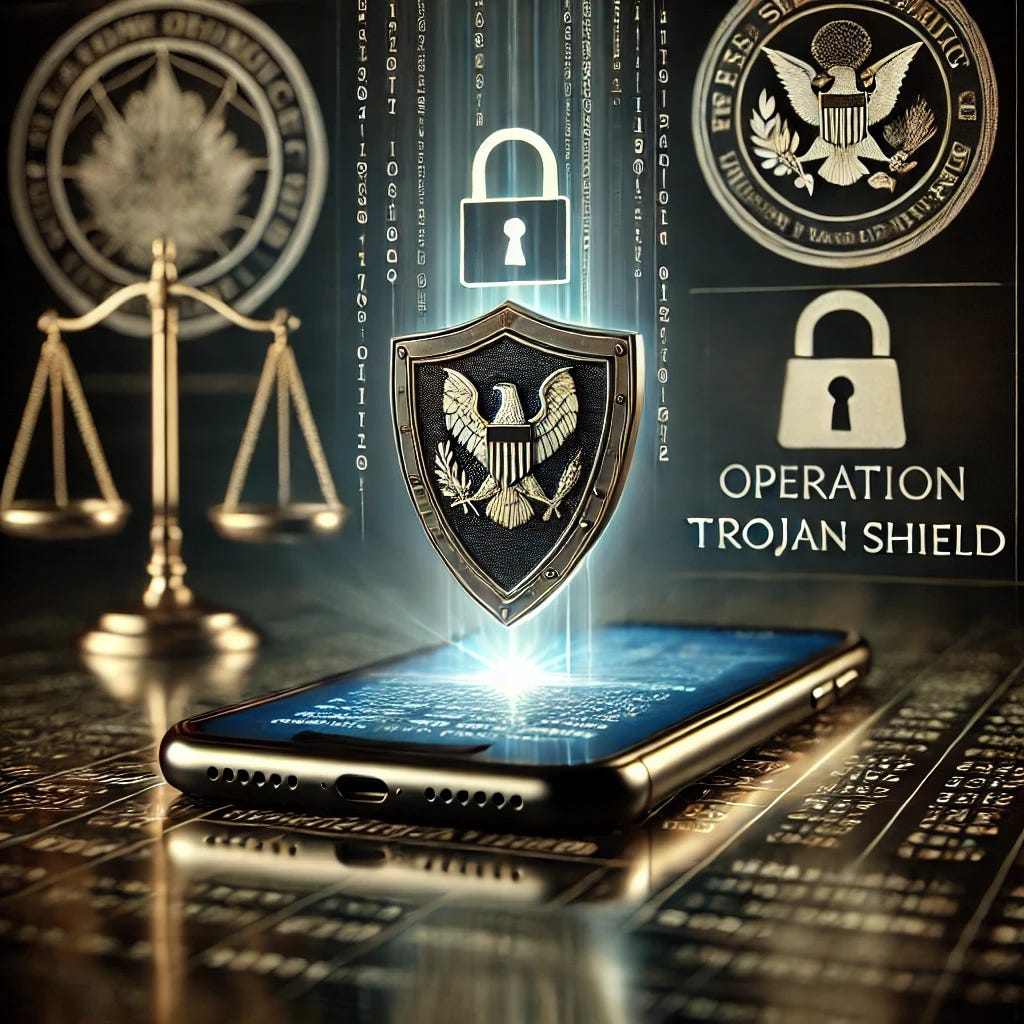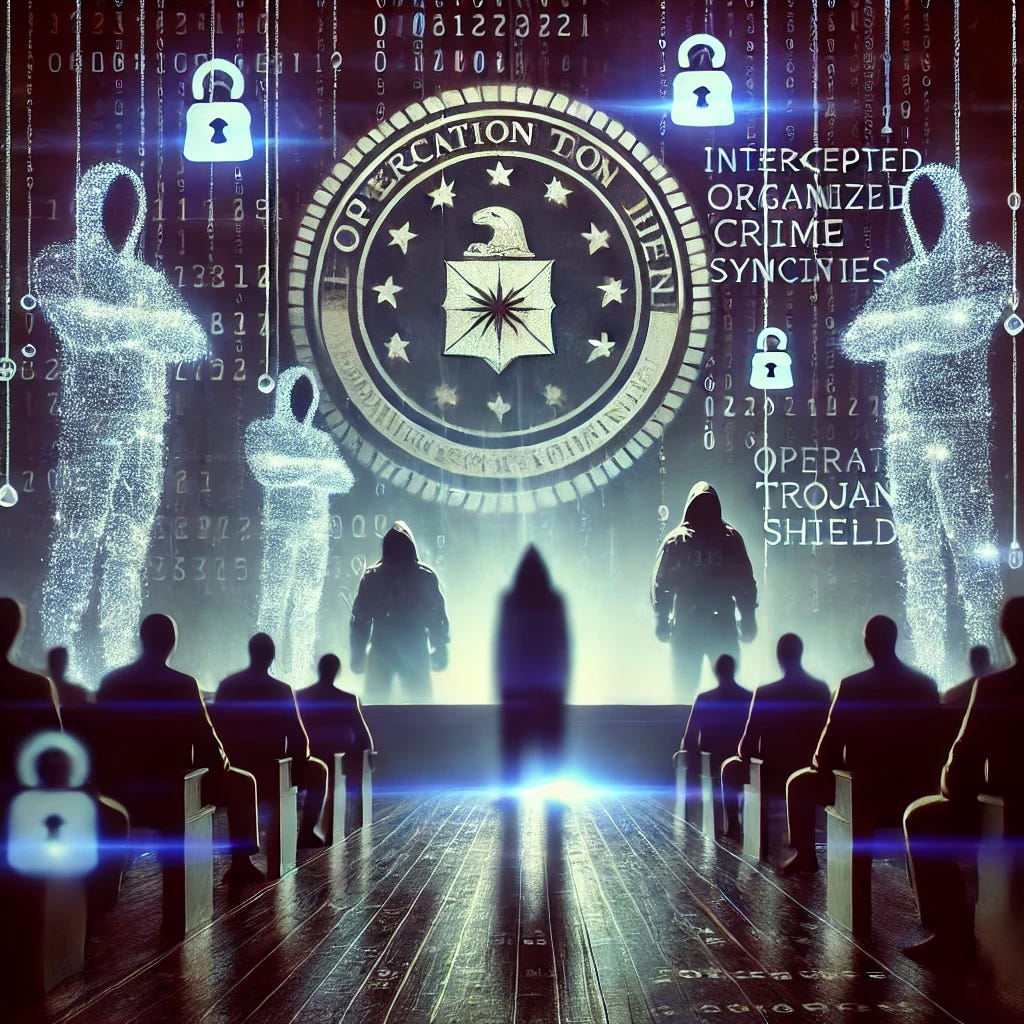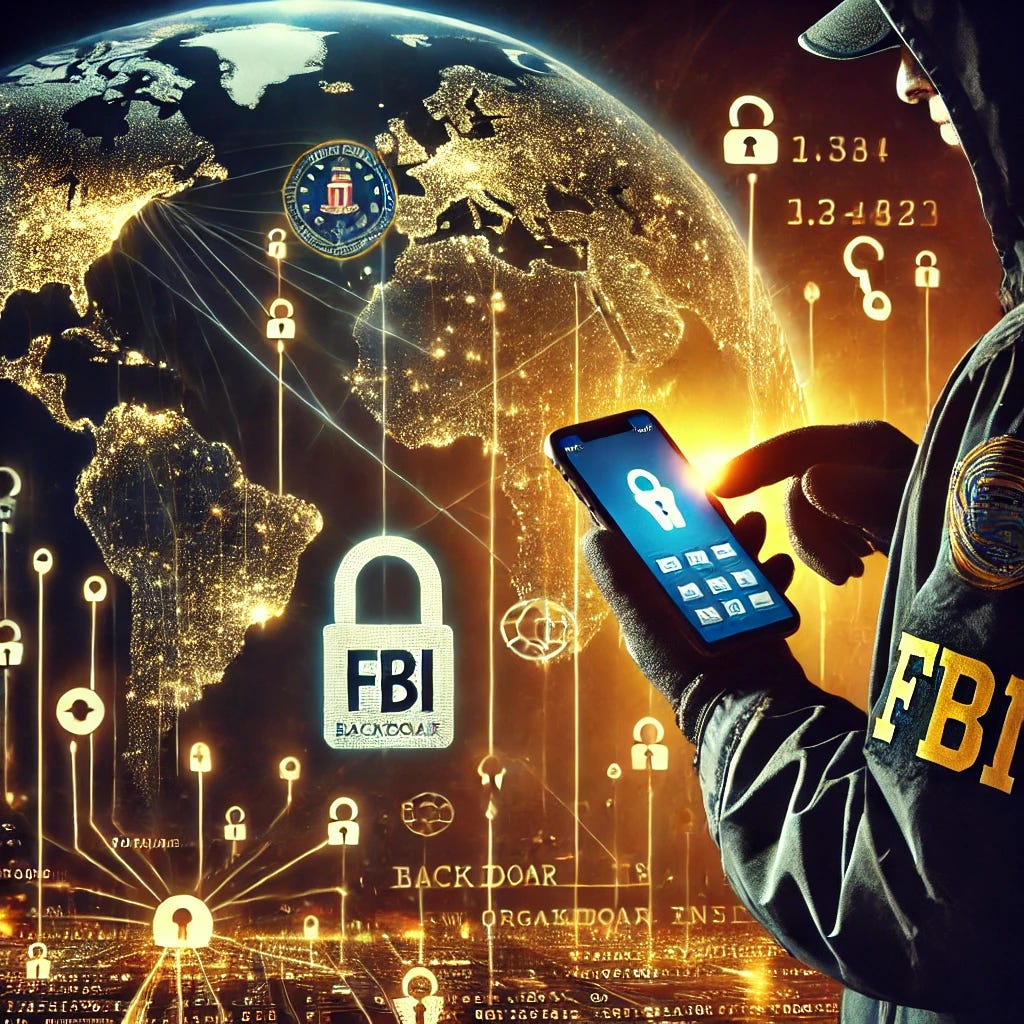FBI's Encrypted Phone Sting Faces Legal Scrutiny
Imagine creating a tool to outsmart criminals—only for the maker to become the centerpiece of a legal battle that could unravel the world’s largest sting operation.
Welcome to the wild world of Operation Trojan Shield, the FBI’s backdoored encrypted phone system, Anom.
Now, the spotlight has turned to Afgoo, the mysterious figure who proposed Anom to the FBI, built it, and helped take down over 12,000 criminal users, netting 27 million intercepted messages along the way. But as new legal filings show, Anom's legacy might not be as clean-cut as law enforcement hoped.
What Is Operation Trojan Shield?
In 2018, Afgoo, a confidential human source (CHS), approached the FBI with a proposition: take over the embryonic Anom encrypted phone system he was developing. The FBI, seeing an unprecedented opportunity, agreed. With a secret backdoor installed, Anom became the tool that infiltrated global criminal networks involved in drug trafficking, weapons smuggling, and assassinations.
The results?
Hundreds of criminal syndicates dismantled in more than 100 countries.
Major figures taken down, including Hakan Ayik, leader of the billion-dollar Aussie Cartel.
Tens of millions of messages intercepted, uncovering plots ranging from narcotics shipments to murder-for-hire schemes.
Why Is Afgoo in the Crosshairs?
Now, a defense attorney representing Alexander Dmitrienko, one of 17 defendants charged in connection with Anom, is demanding the government reveal Afgoo’s identity. Why? Because Afgoo wasn’t just a passive informant—he was allegedly the key architect of Anom, making him a crucial witness.
Afgoo’s contributions, according to court filings, include:
Acting as the principal organizer, promoter, and technician for Anom.
Running Anom on behalf of the FBI while working closely with agents.
Operating under promises of financial compensation ($180,000 in payments) and potential sentence reductions for his own criminal charges.
Defense lawyers argue they need to thoroughly investigate Afgoo’s background to prepare a proper cross-examination. That includes digging into his criminal history, substance abuse issues, and any agreements with the government.
The Risk to Afgoo
Revealing Afgoo’s real identity isn’t just a legal issue—it’s a safety concern. Operation Trojan Shield exposed global criminal networks, including violent drug cartels and organized crime groups. If Afgoo’s identity goes public, he could face serious retaliation from those implicated in the sting.
What’s Next?
Court filings reveal:
The government will disclose Afgoo’s identity before trial, which is set for March.
If the case goes to trial, Afgoo may testify, potentially revealing his real name in open court.
The defense has already obtained detailed technical documents about how Anom operated, along with millions of intercepted messages. But they argue that without full disclosure about Afgoo’s role and credibility, their ability to defend the accused is compromised.
The Stakes for Law Enforcement
Operation Trojan Shield was celebrated as a landmark achievement in disrupting organized crime. But as the legal battles unfold, questions arise:
How far can law enforcement go in using informants to build operations?
Will exposing confidential sources jeopardize future sting operations?
Could this case set a precedent for greater transparency in undercover work?
Why This Matters
The Anom saga isn’t just about one informant or one case. It’s about the balance between justice and accountability in global law enforcement. As defense attorneys press for answers, the future of large-scale undercover operations could hang in the balance.
Thanks to Joseph Cox for bringing this information up and the amazing team of 404media.co








